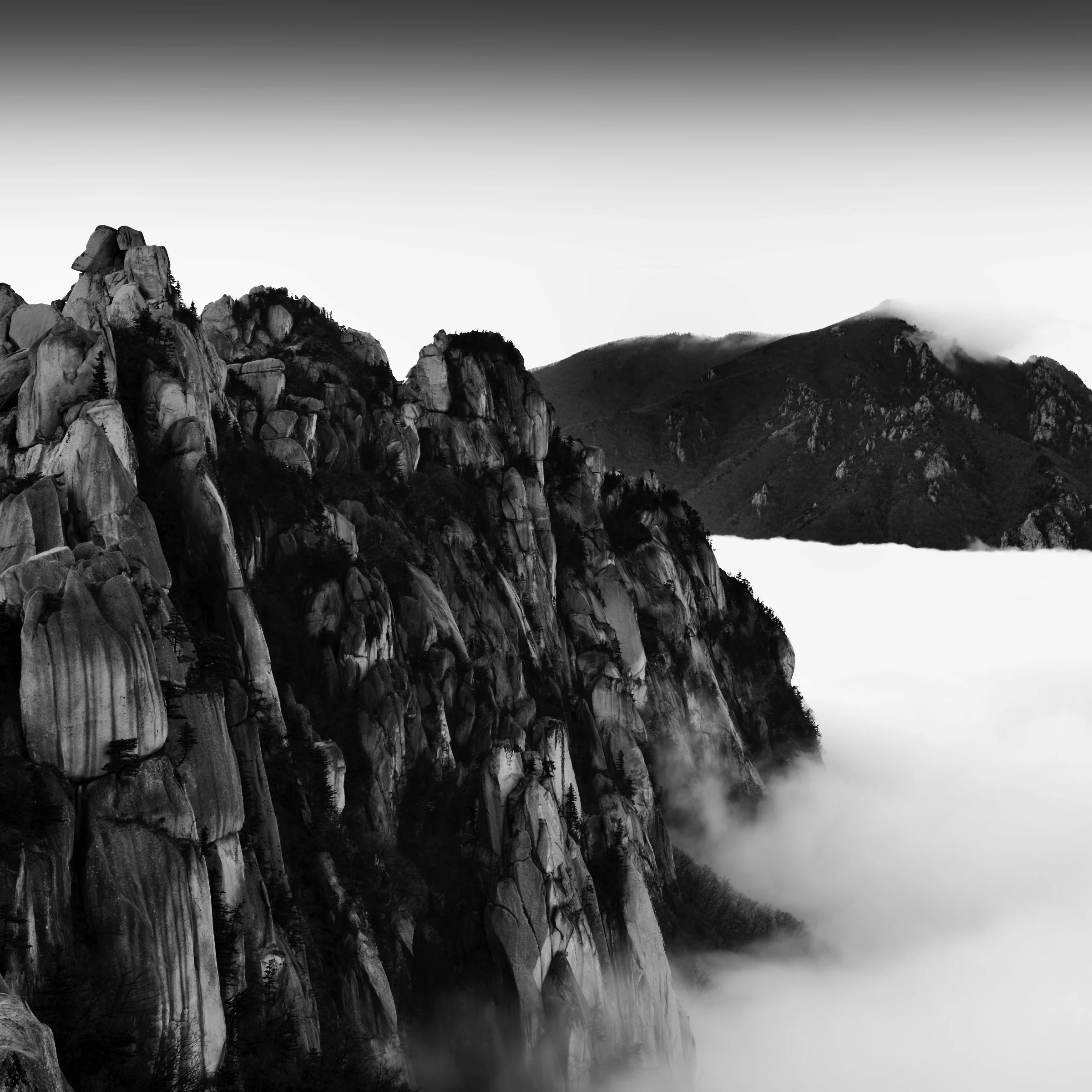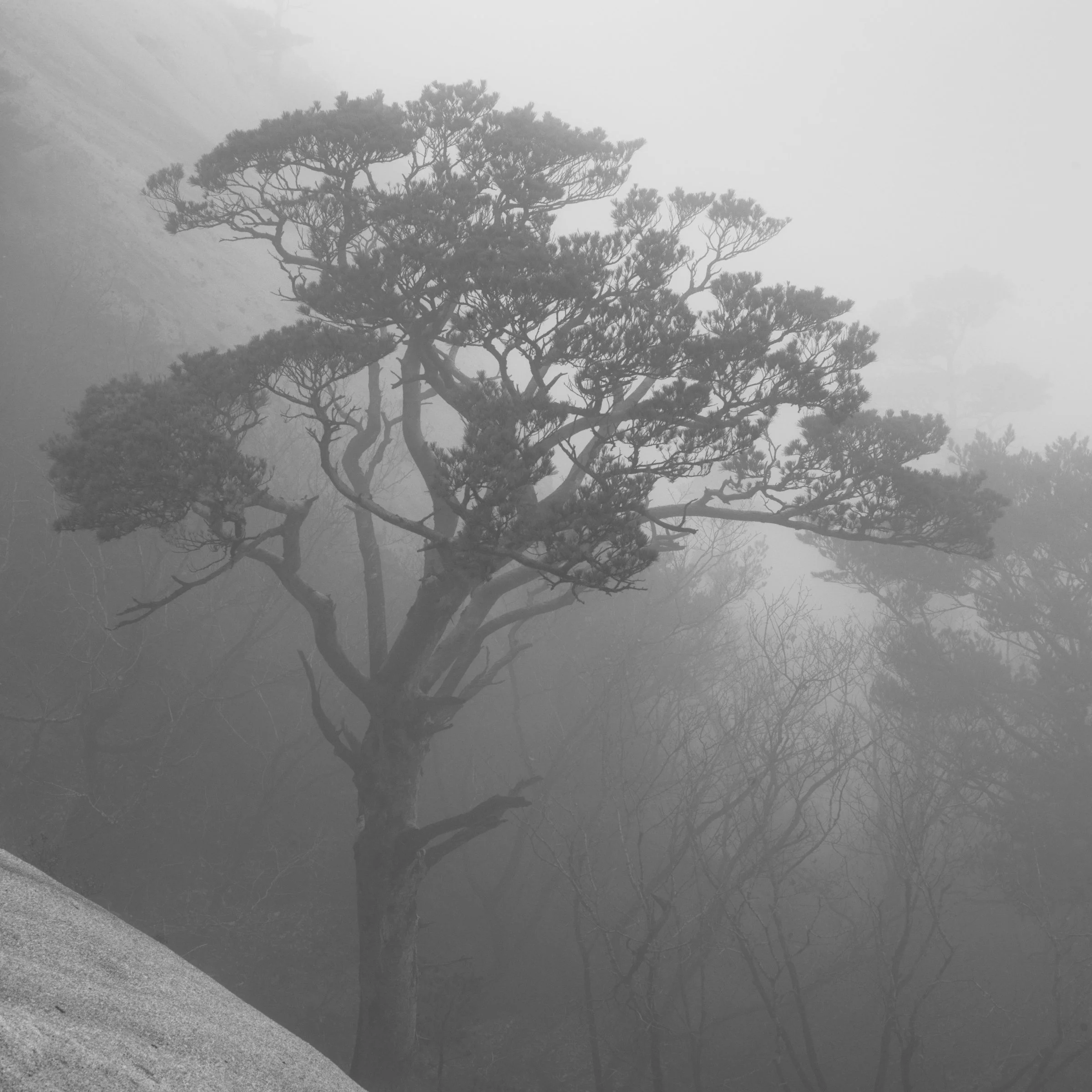As the opportunities for photography in Korea evolved in the 1980s, new possibilities of using the medium as a means of expression meant that the photographer would be able to convey a more personal message about Korean culture to the ever maturing viewer. A progression from radical youth to a more conservative maturity would be familiar to Western readers in the career of Bill Brandt, in moving from documentarist to artist, or perhaps even in Don McCullin’s gaze towards his rural habitat, which is treated as a cathartic exercise to what he had experienced as a photojournalist. It is through this lens that we also see an increasingly inward and self-reflective approach with Korean photography towards its modernised society.
Read MoreWhile globalisation is chronicled initially by its political and economical landmarks, it is possible to view global trade as the beginning of a transfer of indigenous cultural products between East and West. Korea’s geographical position in East Asia between China and Japan has had a long and complex past. Cultural migration, colonisation and occupation are central themes in Korean history.
Read MoreThere is no specific definition of when globalisation started. In the West some scholars cite the discovery of America by Christopher Columbus in 1492. We could therefore deduce from the moment of first contact that a nation’s culture is no longer a purely indigenous form. So when a country or people seeks to preserve and promote its cultural identity through art in todays globalised world, it is important to recognise the inevitability of cross-cultural exchange.
Read More








